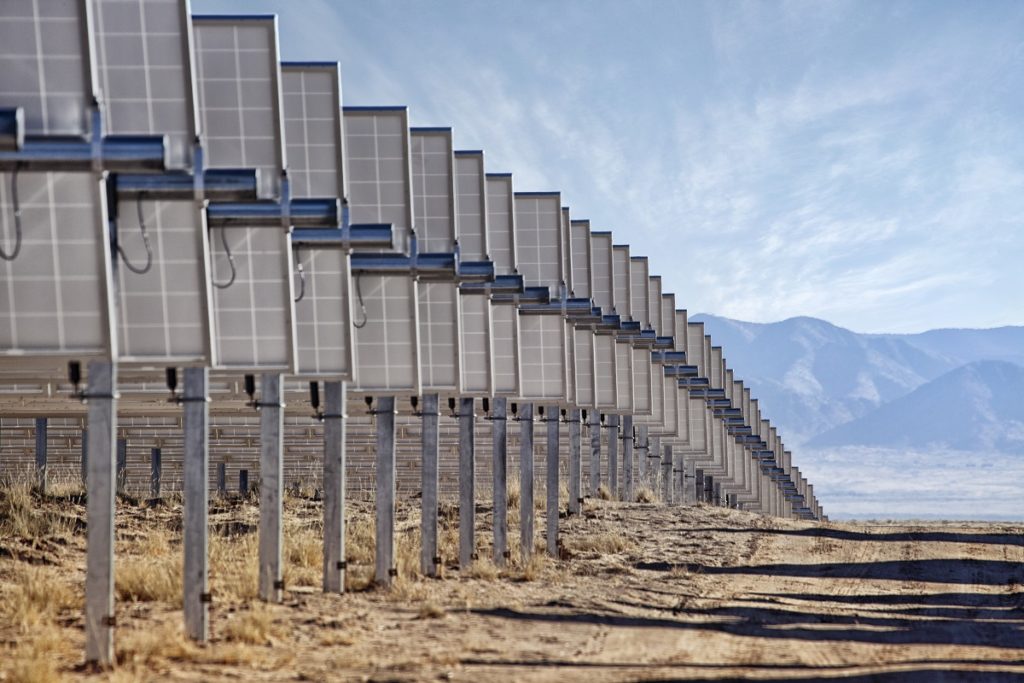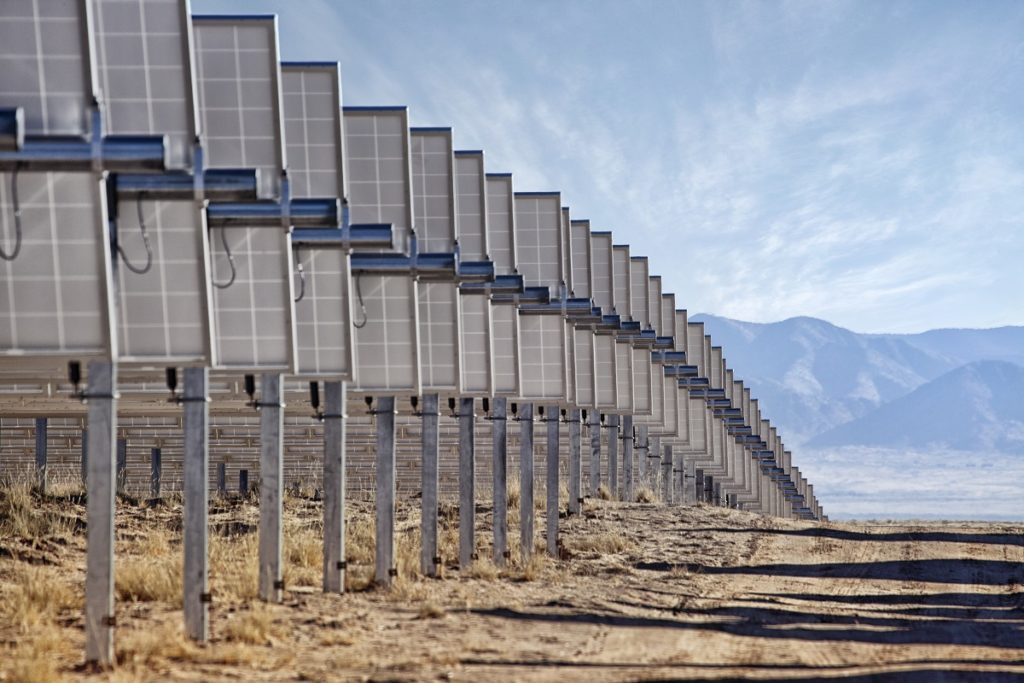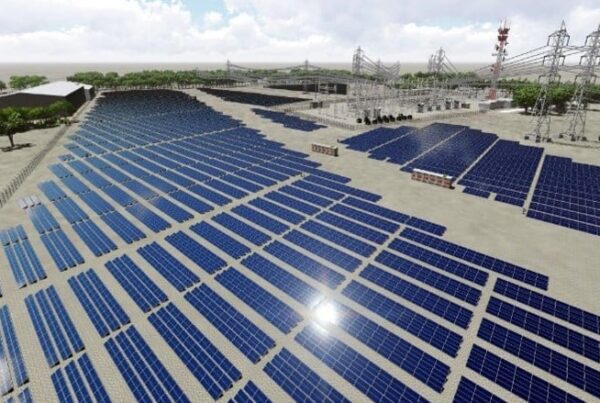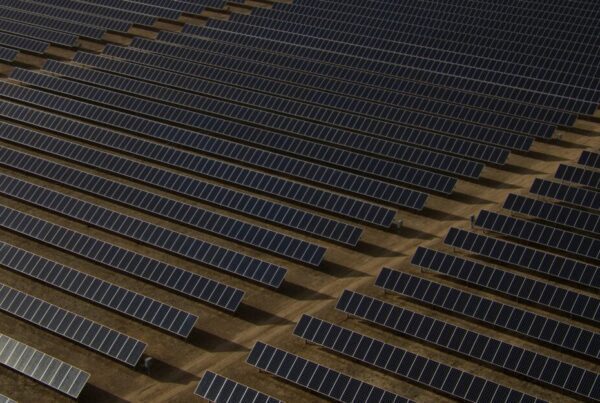
Solar tracker provider Array Technologies is expecting to bounce back from a 2021 beset by supply chain challenges and project delays, as its order book reaches a new high and becomes more geographically diverse.
The US company posted a 2% year-on-year decline in revenue to US$853.3 million, which management said was the result of increased lead times for deliveries caused by supply chain and logistics tightness, as well as delayed solar projects.
To meet customer delivery schedules in Q4, the company used parts that were more expensive, but faster to project sites, Array CFO Nipul Patel revealed during a conference call with investors. “These are difficult trade-offs that occur when supply chains are tight and shipping lead times get extended,” he said.
Adjusted EBITDA in 2021 decreased to US$43.2 million, compared to US$160.5 million for the prior-year period, due to lower gross margins and higher operating expenses. Gross margin decreased to 9.7% from 23.2%, driven by lower price contracts, Patel said.
The results come in far below forecasts the company made early last year, having since made adjustments to its 2021 guidance after experiencing “unprecedented” increases in material and logistics costs which impacted earnings in Q1.
In Q4, the company recognised higher-than-expected material costs due to changes in its supply chain plan to maintain customer delivery schedules, said Jim Fusaro, who is stepping down as CEO later this month.
“Even with an already large and geographically diverse supply chain, we faced the challenges and certainly felt the pain of having to constantly rework supply chain plans to ensure we could meet build schedules,” Fusaro said during the call. As a result, the company has increased its supplier base by 40% in the last year.
Array organically more than doubled executed contracts and awarded orders from its legacy business to US$1.4 billion last year. Combining that with orders from STI Norland – the Spanish tracker manufacturer it recently acquired – Array’s order book stands at more than US$1.8 billion, a 163% increase year-on-year. Around a quarter of the executed orders and awarded contracts are outside the US as the company increasingly looks to expand into new markets.
Array said the STI deal allows it to significantly expand its international footprint while being less concentrated in the US.
Despite warnings by US solar players this week that their operations are already being impacted by the Department of Commerce’s decision to investigate alleged circumvention of antidumping and countervailing duties (AD/CVD) by manufacturers in Southeast Asia, Array’s planning assumptions for 2022 assume there will be “no material impact” from the AD/CVD inquiry.
Patel said during the conference call that the company has been in constant contact with its customers to understand the impact the ruling might have on their ability to secure modules.
For 2022, management expects revenue to be US$1.45 – 1.75 billion and adjusted EBITDA to be US$170 – 210 million.
Conference call transcript from Seeking Alpha.





